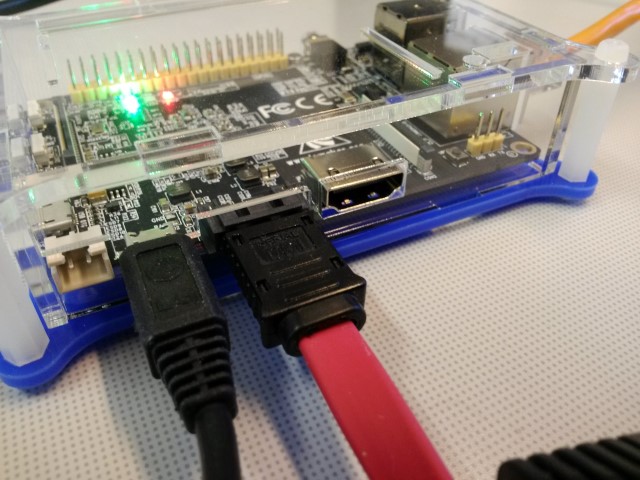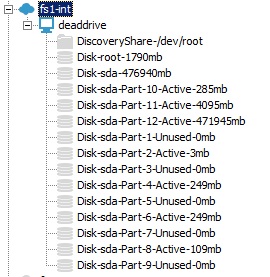Exploring new frontiers with F-Response and IoT
Apr 28, 2015
We've been following the Internet of Things ("IoT") movement for quite a while. For those of you who aren't involved in the technology, essentially it's the beginning of Internet enabled devices, from appliances, to home automation. One of the key ingredients in this movement is the general availability of simple and inexpensive development boards "Dev Boards" that embedded systems developers can use to enable new and exciting Internet connected technology.
Most of the generally available development boards using the "ARM" processor architecture. ARM based development boards are frequently very inexpensive and have quite low power requirements. As such they make for excellent test beds for all manner of IoT applications.
We decided it was important for F-Response to continue to explore these new technologies as they become closer to realization. As such we've accumulated a considerable number of different ARM based devices that we are using to test F-Response as either a subject, or as an examiner, or even as a F-Response Universal appliance!
The most recent experiments we have performed were related to building and leveraging an F-Response Univ/Now client that could run on the popular BananaPi development board. Why the BananaPi? Well aside from being a dual core board which provides additional power over the popular RaspberryPi, it also has Gigabit Ethernet and a SATA port, the latter of which is critical to this experiment today.
After getting the BananaPi updated with the approriate software necessary to boot, we proceeded to attach a powered down physical drive to the SATA interface onboard.
After running F-Response Univ/Now as root on the development board we were instantly able to access the data on the attached drive.

What does this mean? Imagine a sub $50 remote system that could be configured to boot up, automatically attach any directly connected SATA device to the F-Response Now/Univ appliance? Moreso that sub $50 system could be configured to present a well known hostname making it easy to locate ("deaddrive") or the like. All in all this would be an easy, inexpensive, and straight forward way to establish access to many remote powered down or dead drives with F-Response technology.

Now this is not to say we have a version of F-Response Now/Univ for the ARM chipset on the BananaPi publically hosted, however it does mean we are experimenting with a number of these different technologies and in finding ways they could benefit F-Response users.
Thanks for taking the time to look at some of the interesting things we are doing at F-Response. Feel free to share your ideas with us. We are always happy to hear from customers looking for new and novel ways to leverage our software.
Thanks and enjoy!
M. Shannon, Principal
F-Response